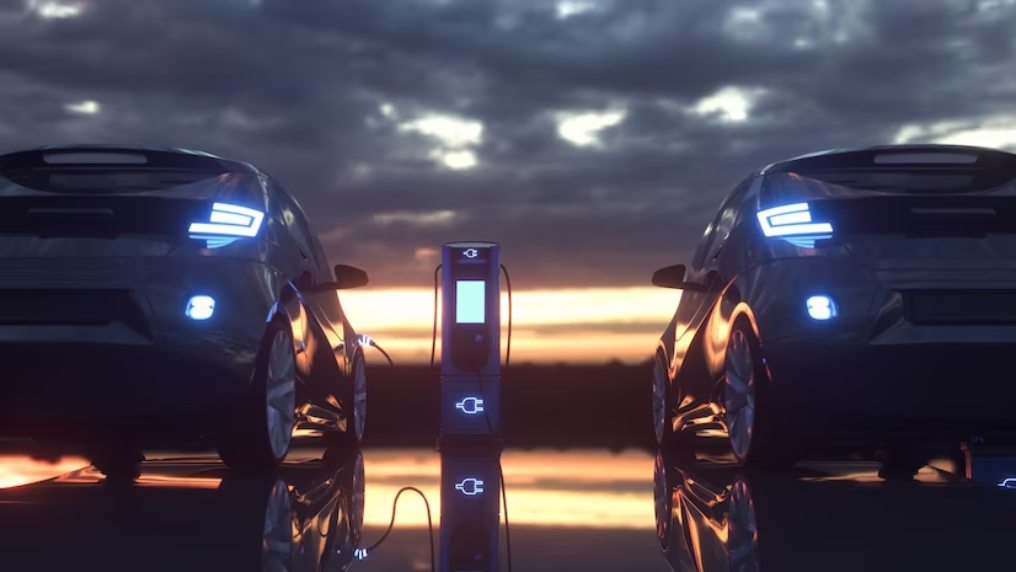The transportation landscape is undergoing a dramatic shift, with electric vehicles (EVs) rapidly challenging the dominance of traditional fuel-powered vehicles. But which one reigns supreme? It’s not a simple answer. Choosing between an EV and a fuel vehicle depends on a complex interplay of factors, and the “better” option hinges on your individual priorities and circumstances. Let’s delve into the key battlegrounds of this ongoing duel.
Environmental Impact: A Clear Winner?
The environmental argument is a major battleground. EVs boast zero tailpipe emissions, directly contributing less to air pollution and greenhouse gases. This is a significant advantage, especially with growing concerns about climate change. However, the full picture isn’t so black and white. EV battery production and electricity generation can leave an environmental footprint, though typically smaller than that of fuel vehicles. Additionally, the source of the electricity used for charging heavily influences an EV’s overall impact.
Fuel Efficiency and Cost: A Shifting Landscape
Fuel efficiency has traditionally been a strong point for EVs. They convert most of their energy into movement, unlike fuel vehicles that lose significant energy as heat. This translates to lower operating costs per kilometer. However, the gap is narrowing as fuel-efficient gasoline and hybrid options emerge. Additionally, the cost of home charging infrastructure and access to public charging stations can add to the initial investment and ongoing expenses for EV owners.
Performance and Range: Progress with Trade-offs
EVs are often lauded for their smooth and responsive acceleration due to the inherent nature of electric motors. However, fuel vehicles still hold the upper hand in terms of overall power and range, especially for long journeys. Battery technology is improving rapidly, but range anxiety remains a concern for some EV drivers, particularly in regions with limited charging infrastructure.
Maintenance and Reliability: A Tale of Two Worlds
EVs generally require less maintenance than fuel vehicles, as they have fewer moving parts and no complex internal combustion engines. This translates to lower long-term costs and less hassle. However, the technology in EVs is still evolving, and some potential repair costs, particularly for battery replacements, can be significant.
Affordability: A Moving Target
The upfront purchase price of EVs is typically higher than comparable fuel vehicles. However, government incentives, lower operating costs, and potential fuel price fluctuations can bridge this gap over time. Additionally, the used EV market is growing, offering more affordable options.
Lifestyle and Convenience: Finding the Right Fit
The convenience factor plays a crucial role. Fuel vehicles offer the flexibility to refuel quickly and readily at gas stations, making them ideal for long journeys or those without access to home charging. EVs, however, require planning for charging, especially on longer trips. However, the convenience of home charging and potential access to charging networks can make EVs a compelling option for daily commutes and urban driving.
The Verdict: It’s All Relative
So, which is “better”? The answer, as you might expect, is “it depends.” If you prioritize environmental responsibility and low operating costs, an EV might be the clear choice. However, if range, affordability, and long-distance travel are your top concerns, a fuel vehicle might still be the way to go. Ultimately, the “better” option is the one that best aligns with your individual needs, budget, and lifestyle.
Beyond the Battleground: A Shared Future
The competition between EVs and fuel vehicles is driving innovation in both camps. This benefits everyone, as it leads to cleaner, more efficient, and affordable transportation options. Regardless of your choice, remember that both technologies are part of the solution towards a more sustainable future. The key is to embrace the ongoing technological advancements and choose the option that best fits your needs today, knowing that the landscape will continue to evolve tomorrow.

